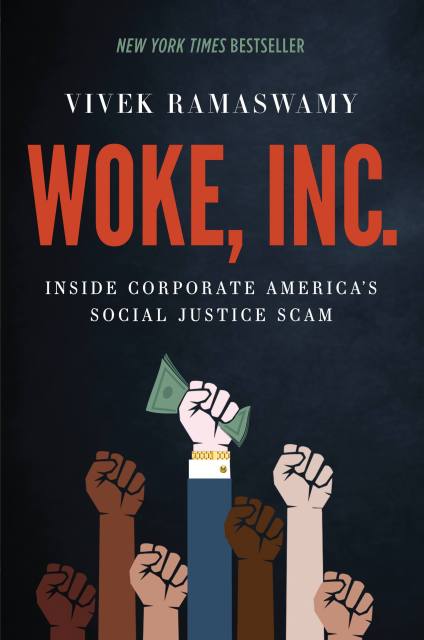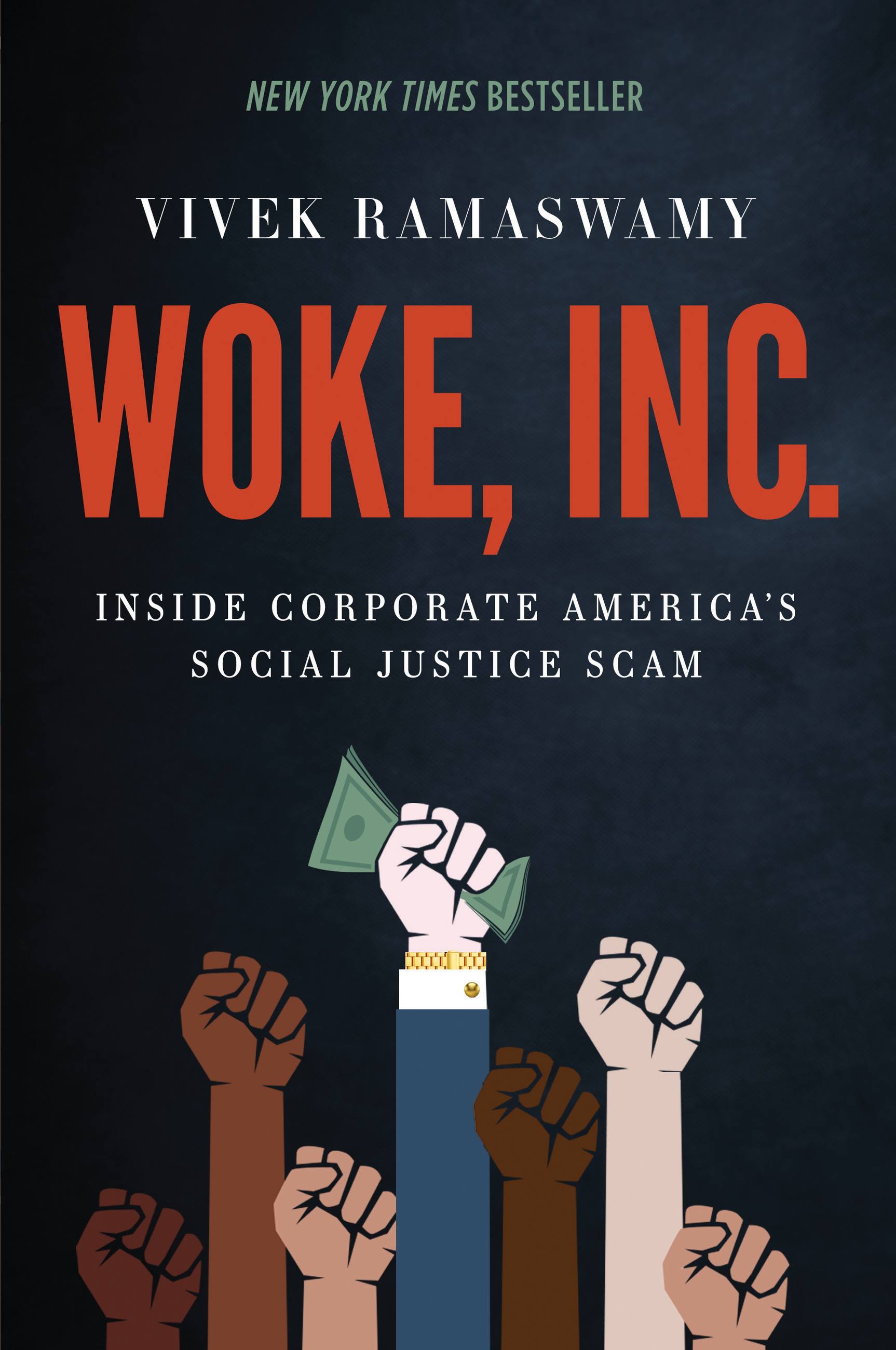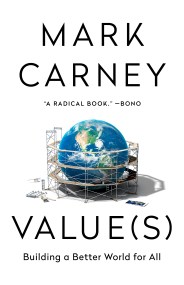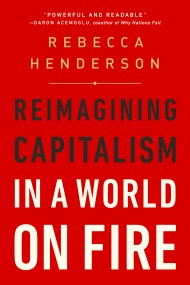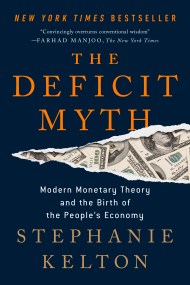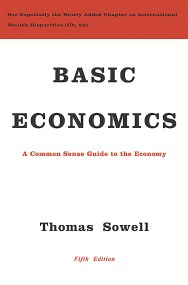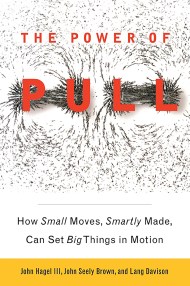Woke, Inc.
Inside Corporate America's Social Justice Scam
Contributors
Formats and Prices
Price
$18.99Price
$23.99 CADFormat
Format:
- Trade Paperback $18.99 $23.99 CAD
- ebook $11.99 $15.99 CAD
- Hardcover $28.00 $36.00 CAD
- Audiobook Download (Unabridged) $27.99
This item is a preorder. Your payment method will be charged immediately, and the product is expected to ship on or around August 15, 2023. This date is subject to change due to shipping delays beyond our control.
Also available from:
In this New York Times bestseller, a young and successful entrepreneur and 2024 presidential candidate makes the case that politics has no place in business, and sets out a new vision for the future of American capitalism. There’s a new invisible force at work in our economic and cultural lives. It affects every advertisement we see and every product we buy, from our morning coffee to a new pair of shoes. “Stakeholder capitalism” makes rosy promises of a better, more diverse, environmentally friendly world, but in reality this ideology championed by America’s business and political leaders robs us of our money, our voice, and our identity.
Vivek Ramaswamy is a traitor to his class. He’s founded multibillion-dollar enterprises, led a biotech company as CEO, he became a hedge fund partner in his 20s, trained as a scientist at Harvard and a lawyer at Yale, and grew up the child of immigrants in a small town in Ohio. Now he takes us behind the scenes into corporate boardrooms and five-star conferences, into Ivy League classrooms and secretive nonprofits, to reveal the defining scam of our century.
The modern woke-industrial complex divides us as a people. By mixing morality with consumerism, America’s elites prey on our innermost insecurities about who we really are. They sell us cheap social causes and skin-deep identities to satisfy our hunger for a cause and our search for meaning, at a moment when we as Americans lack both.
This book not only rips back the curtain on the new corporatist agenda, it offers a better way forward. America’s elites may want to sort us into demographic boxes, but we don’t have to stay there. Woke, Inc. begins as a critique of stakeholder capitalism and ends with an exploration of what it means to be an American today—a journey that begins with cynicism and ends with hope.
-
“A provocative critique, wrapped in a gripping personal story that pulls you in from page one. Vivek Ramaswamy is breakthrough brilliant and arrestingly original. Woke, Inc. is essential reading for anyone who cares about America’s democracy, economy, and future.”Amy Chua, Yale Law professor and author of Battle Hymn of the Tiger Mother and Political Tribes: Group Instinct and the Fate of Nations
-
“Vivek Ramaswamy provides the single most informative and insightful analysis yet of woke ideology…Woke, Inc. is indispensable for understanding how America's newest and most consequential cultural dogma is fundamentally transforming virtually every sector of our lives.”Glenn Greenwald, journalist, constitutional lawyer, and author of four New York Times bestselling books
-
In Woke, Inc., Vivek speaks the truth without fear: woke identity politics is dividing and weakening America at every level. He urges us to lift up all Americans, rather than to pit ourselves against each other. His combination of honesty, intellect, and foresight are exactly what we need to overcome our challenges in the years ahead.Ambassador Nikki Haley
-
“A provocative, compelling, and highly readable look at the uneasy relationship between business and politics. I may not agree with all of Vivek’s answers, but every thinking American needs to come to grips with the questions he poses.”N. Gregory Mankiw, professor, Department of Economics at Harvard University
-
"In a world where many fear to say what they think, Vivek courageously attacks the hypocrisy of corporations and their managements...his speaking truth to power will elevate this important discussion and advance our understanding of the heretofore not-to-be-discussed risks of stakeholder capitalism. I strongly recommend you give this book a careful read."Bill Ackman, Founder and CEO of Pershing Square Capital Management
-
“Many CEOs bend the knee to the woke because they benefit from it, but Vivek Ramaswamy shows us what true courage requires. Scathing yet inspiring, Woke, Inc. is an important book for our time.”Ayaan Hirsi Ali, Research Fellow, Hoover Institution and Founder, AHA Foundation
-
"In this engaging, brilliant book, Vivek Ramaswamy hits the nail on the head: companies go woke because they get richer from division rather than unity. This book is an essential weapon in the battle to reclaim America's soul."JD Vance, author of Hillbilly Elegy and venture capitalist
-
“Vivek Ramaswamy…offers a path back toward a more free and prosperous society.”Arthur C. Brooks, professor, Harvard Kennedy School and Harvard Business School, and New York Times bestselling author
- On Sale
- Aug 15, 2023
- Page Count
- 368 pages
- Publisher
- Center Street
- ISBN-13
- 9781546090793
Newsletter Signup
By clicking ‘Sign Up,’ I acknowledge that I have read and agree to Hachette Book Group’s Privacy Policy and Terms of Use
